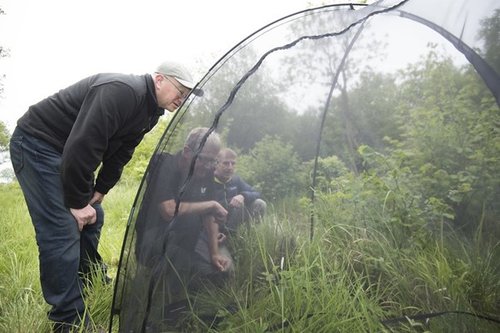
There are 67 target species within Natur am Byth for which actions are planned to facilitate their recovery. Many are in peril, occuring in only a handful of sites in Wales (or the UK) and up to 44 are deemed at risk of extinction in Wales. Some species require survey work to establish their range, distribution and/or abundance, while for others practical recovery solutions have already been trialled and are being rolled out more widely through Natur am Byth.
A consistent method of measuring progress has been designed by our programme to report how far along the journey to recovery each species has come by the end of the programme. Our species recovery assessment approach is based upon an internationally recognised recovery curve method, enabling our staff to show the impact of interventions for each target species.
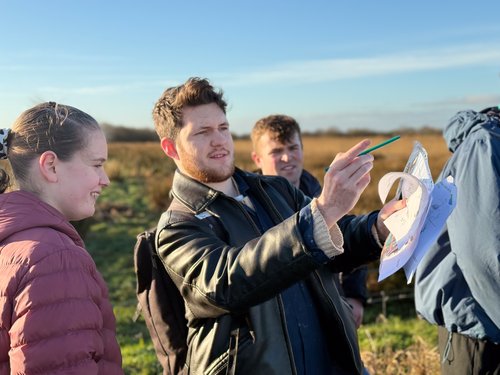
Natur am Byth runs an Arts Engagement Programme facilitating ten artist residencies in each of our place-based project locations across Wales. The programme is supported by expertise from project delivery partners, Art Council of Wales (ACW) and co-produced with Project Delivery Officers and community stakeholders.
Creative professionals have the power and insight to reimagine the nature emergency we are living through, and find meaning and stories associated with our target species. This can inspire communities and the public to connect with nature and care for the rare species on their doorstep. By partnering with artists our Arts Engagement Programme is delivering the following outcomes:
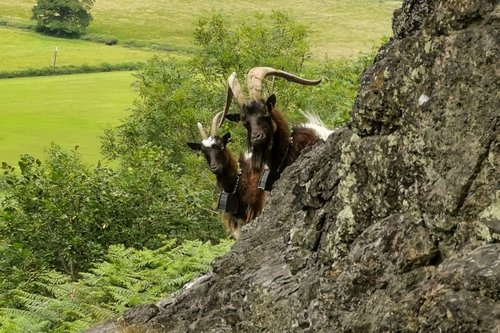
Nearly 80% of protected areas in Wales are actively farmed. Conservation grazing is a critical tool to deliver favourable management for habitat that harbours many rare and threatened species across the UK. Six of the eleven projects in Natur am Byth rely on grazing to ensure the long-term recovery of target species, but the challenges faced by graziers can be complex, e.g., access to markets, stock disturbance and generational shifts in agricultural practices.
We work grazing experts and farmers on a range of sites in the programme, to improve stock handling facilities, provide advice to focus grazing on areas that require specific management, and run training events to demonstrate conservation grazing management to more landowners and farmers.
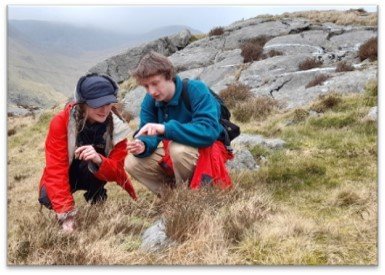
Our Impact Measurement Framework (IMF) underpins the entire Natur am Byth Programme, and sets out the methods we use to measure the impact of our activities and evaluate progress towards our 2040 Vision and five programme aims.
The IMF was developed to set the agenda for monitoring and evaluation. It incorporates both outcomes for people and outcomes for species. Te methods we employ enable us to record genuine change that will continue to influence the conservation sector long after the programme has ended. It describes the quantitative and qualitative measures that we use to report progress against the Natur am Byth programme outcomes, to ensure clear reporting against National Lottery Heritage Fund (NLHF) outcomes and other significant funders such as Welsh Government and Natural Resources Wales (NRW).
Our evaluation is supported by an independent evaluator, which is key requirement of any large programme supported by the National Lottery Heritage Fund.
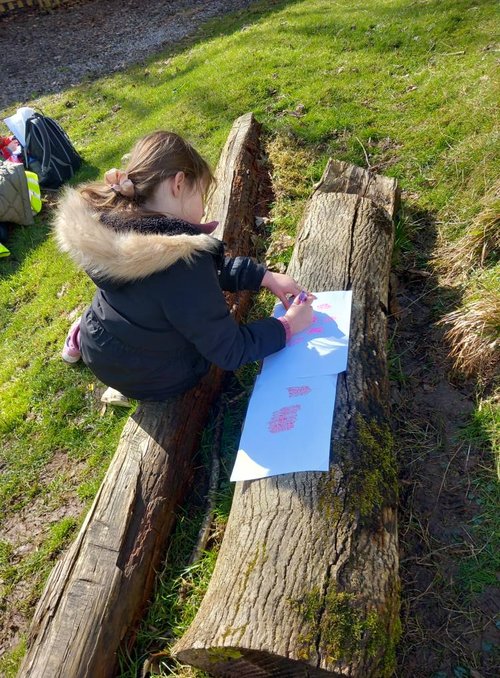
This is an exciting element of our programme that empowers each partner to procure services, assets or experiences for local communities. Nature conservation organisations and governments cannot tackle the nature emergency alone. There needs to be a bigger, more joined up approach that involves people outside of our organisations, developing collaborative behaviours across different sectors and at a grassroots level.
The democratisation of nature's recovery is essential and is woven into our long-term programme vision for a people-centred approach to species recovery. By educating and empowering people to act for nature, and by helping communities shape the nature recovery journey, we are more likely to find and sustain pragmatic solutions.
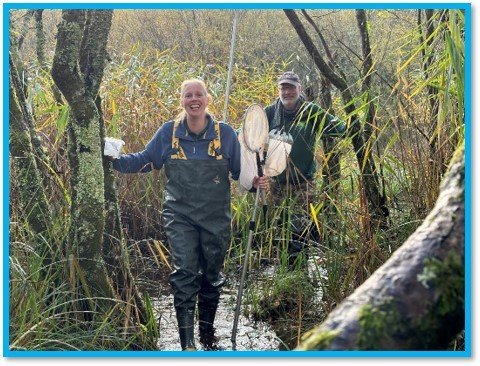
The Training and Placements Scheme is a significant Nationally Coordinated Work Package, supporting skills development in three new trainees and empowering projects staff and volunteers to learn new approaches. It supports the following long-term programme visions:
Education through the Training and Placements Scheme is one of the mechanisms by which Natur am Byth will achieve its ambition of a more inclusive and therefore more resilient conservation sector. By upskilling its target audience, Natur am Byth provides the opportunity for people to become agents of change and empowered to take action at every level.